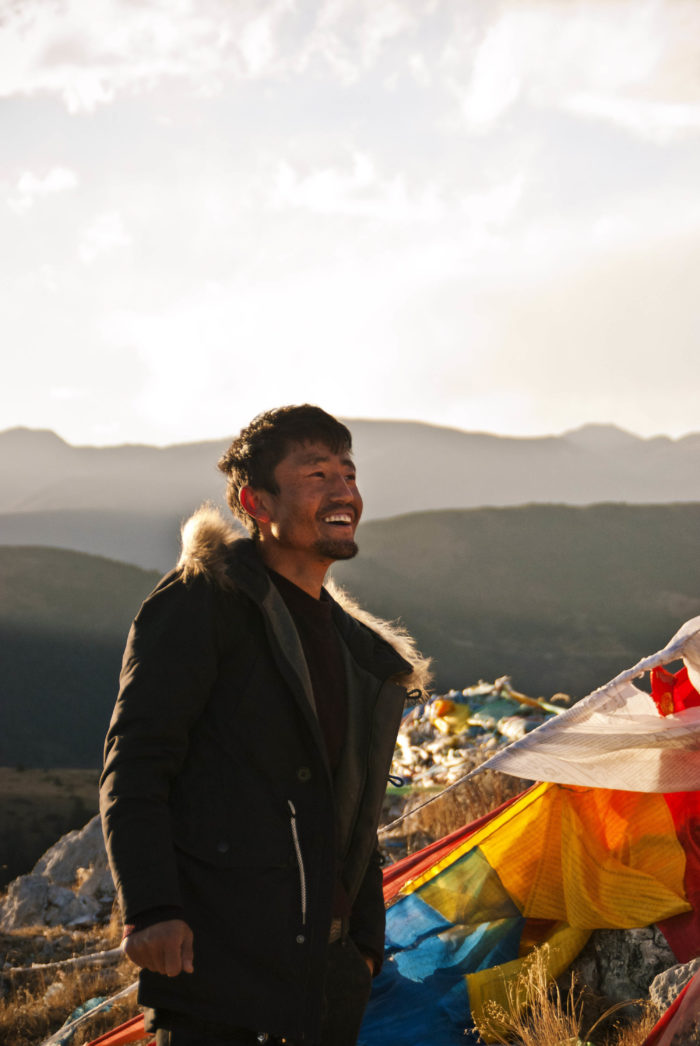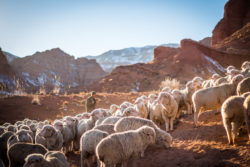
Have you ever felt you do not have much, or had the feeling that you are not as wealthy or content as others? You are not alone in feeling this, for it is this same thought which has found its way into the minds of our population. Fixed itself in the psyche of our society as a whole and shaped the way we interact, function and survive.
A staggering number of people share that very thought with you, with estimations stating that 1 in every 4 people in North America considers themselves “poor”…That isn’t counting the people who are somewhere in the middle of the “richest” and the “poor” and earning an average amount which is only just sufficient. Most people who are not born into riches or do not get a boost straight onto our societies’ monetary high ground will feel stressed over money at some point in life. Having enough, keeping it safe, spending it responsibly. It can make us anxious, scared, alone and has the potential to become such a negative thing in life.
However, there is more to being rich than having large amounts of money. In a world so focused on possessing more, and attaining material wealth, we forget that there are other ways to become rich and content in life. It is not all about the money.
The best illustration I have seen showing just how much many perspectives there are to wealth, was Levison Wood’s Walking the Himalayas. Published in 2016 in the United Kingdom, the memoir follows Wood’s journey through the infamous mountain range on the alternative route through the foothills and villages. A journey of 1,700 miles, 3 guides, 1 car crash, bees, cremations, sacred rivers and too beautiful souls to count. The story is incredibly eye-opening as a whole.
There was one passage in the book that stuck with me and left me thinking. It touched on a revelation which I had never really considered. I think many people are aware of this, but it is not given the amount of thought that it deserves. The passage is written when Wood and his guide Malang Darya are traveling through the Kashmir Region. Here they meet a nomadic sheep/goat farmer, who walks for 6-7 weeks every year from Jammu to Kashmir with his family and flock to escape the cold weather. He observed that Wood and his friend Ash are living as nomads as well in their journey across the country.
Exert from Walking the Himalayas:
“Ash smiled back. ‘I suppose we are (nomads). No house and we travel to escape the weather. But I don’t have any sheep’
‘No sheep at all?’ (Sheep farmer)
‘Not one’
‘Then you are very poor. What can I give you?’

The last sentence is what got me thinking. Here is a man who, by Western Standards, has nothing. He has no house, no foundation, no car, no job, no money… Just animals…and for him that is wealth. For him owning a herd of animals means that he has something; he has achieved something by growing his flock. He uses the little that he gets from selling the products to feed his family and for him, that is what he needs and he is content with that. In fact, in the book, Wood has to give him a torch to prove that they are not impoverished. Even then the sheep farmer tries to find anything that he can give the travelers to ease their poverty, believing that their lack of livestock means that they must have very little.
To us obviously the rich one here is Wood, with his top-of-the-range gear, public notoriety, and sponsorship from businesses. But to them, in a society where nomadic minimal existence is normal, the value is placed not in paper money, but in the assets that one owns and the traditional ways in which one can sustain life.
It struck me that if we all thought of wealth this way than the sense of discontent and deprivation that many of us feel would ease. These people are living in abject poverty, and yet to them, they have all that they need. They are content and happy, they have a wonderful country, a beautiful family and a way of sustenance. As long as these people have the fundamentals of life, they are content. We could more content in what we have and learn to appreciate it if we gave the same importance to the simple things in our lives. Do you have a vegetable garden? That is potentially a source of food. Do you have children? They are the carriers of your stories and traditions. Do you have a car or bike? That is transport to where you need to go. Have you laughed recently? That is your joy.

It is shifting our view to see new importance and potential in the things which previously were simply single use or ornamental, that can make us feel more fulfilled and rich. It is seeing the value in and being content with experience, connection and the simple fact that you are alive, living and being, that can bring a sense of wealth and contentment to life.
So my challenge to you is to make a list of things that you own. It could be a list of big, small, cheap, expensive, physical, or abstract things. Write them down and then note how they enhance your life, how they make you feel content. How does the tree in the garden bring you joy, how does your cat give you comfort, how does your daughter’s smile bring about your own?
You may just realize that your life is filled with riches.
Also by Aine: 2 Genius, All-Natural Tips To Purify Pores & Protect Skin Against Pollution—Sans Products
3 Recipes To Make Barley Grass Irresistible—Brownies, Cookies & N’ice Cream!
Get more like this—Subscribe to our daily inspirational newsletter for exclusive content!
__
Photo: Nick Galluzzo via Unsplash; Patrick Schneider via Unsplash; Heping via Unsplash




